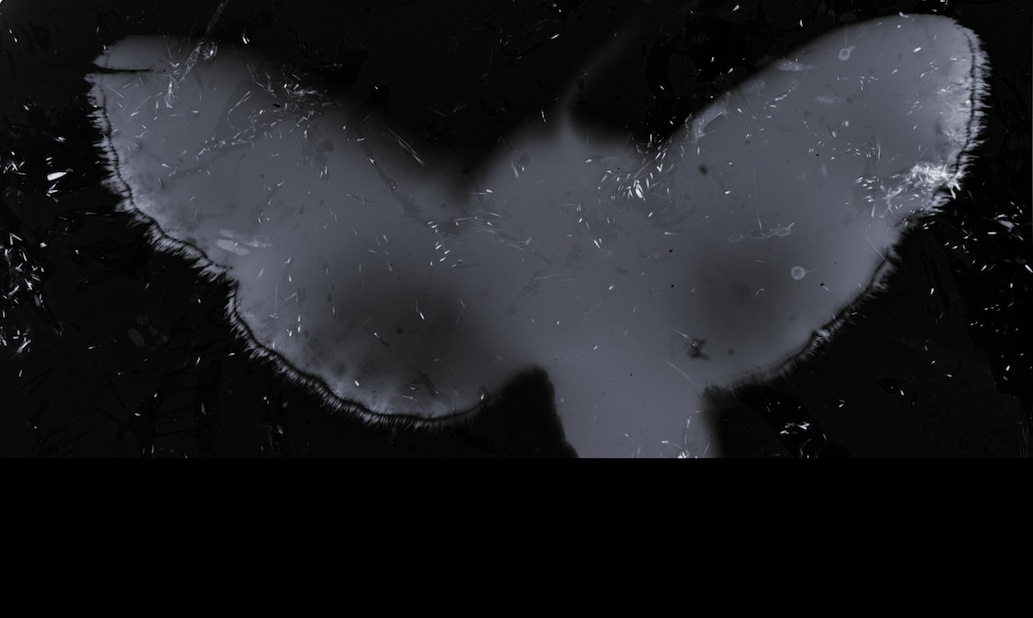The Sea and Eternal Summer: Science Fiction, Futurology and Climate Change
DOI:
https://doi.org/10.60162/swamphen.3.10612Keywords:
Climate change, dystopia, science fiction, AustraliaAbstract
This paper will be concerned to analyse what is almost certainly the earliest Australian climate change dystopia. In 1985 George Turner published a short story, The Fittest, in which he began to explore the fictional possibilities of the effects of global warming. He quickly expanded this story into a full-length novel published as The Sea and Summer in Britain and as Drowning Towers in the United States. The Sea and Summer is set mainly in Melbourne, a vividly described, particular place, terrifyingly transformed into the utterly unfamiliar. Turner’s core narrative describes a world of mass unemployment and social polarisation, in which rising sea levels have inundated the Bayside suburbs; the poor ‘Swill’ live in high-rise tower blocks, the lower floors of which are progressively submerged; the wealthier ‘Sweet’ in suburbia on higher ground. The paper will argue that Turner’s novel is long overdue a positive critical re-evaluation.
Downloads
Published
Issue
Section
License
Authors who publish with this journal agree to the following terms:- Authors retain copyright and grant the journal right of first publication with the work simultaneously licensed under a Creative Commons Attribution License that allows others to share the work with an acknowledgement of the work's authorship and initial publication in this journal.
- Authors are able to enter into separate, additional contractual arrangements for the non-exclusive distribution of the journal's published version of the work (e.g., post it to an institutional repository or publish it in a book), with an acknowledgement of its initial publication in this journal.
- Authors are permitted and encouraged to post their work online (e.g., in institutional repositories or on their website) prior to and during the submission process, as it can lead to productive exchanges, as well as earlier and greater citation of published work (See The Effect of Open Access).

